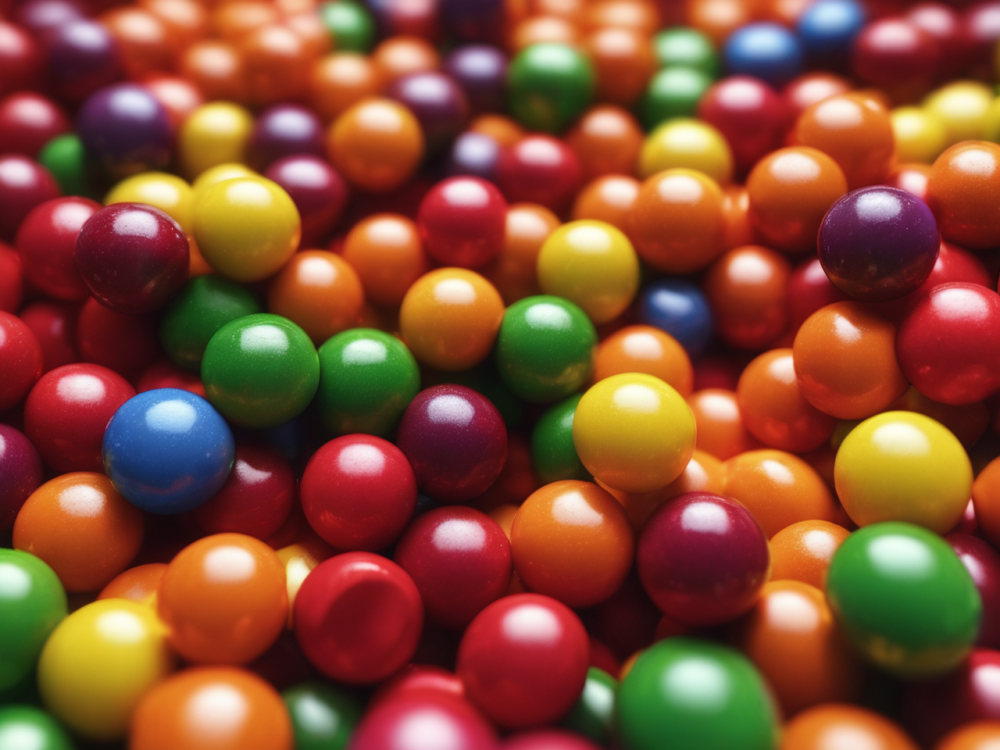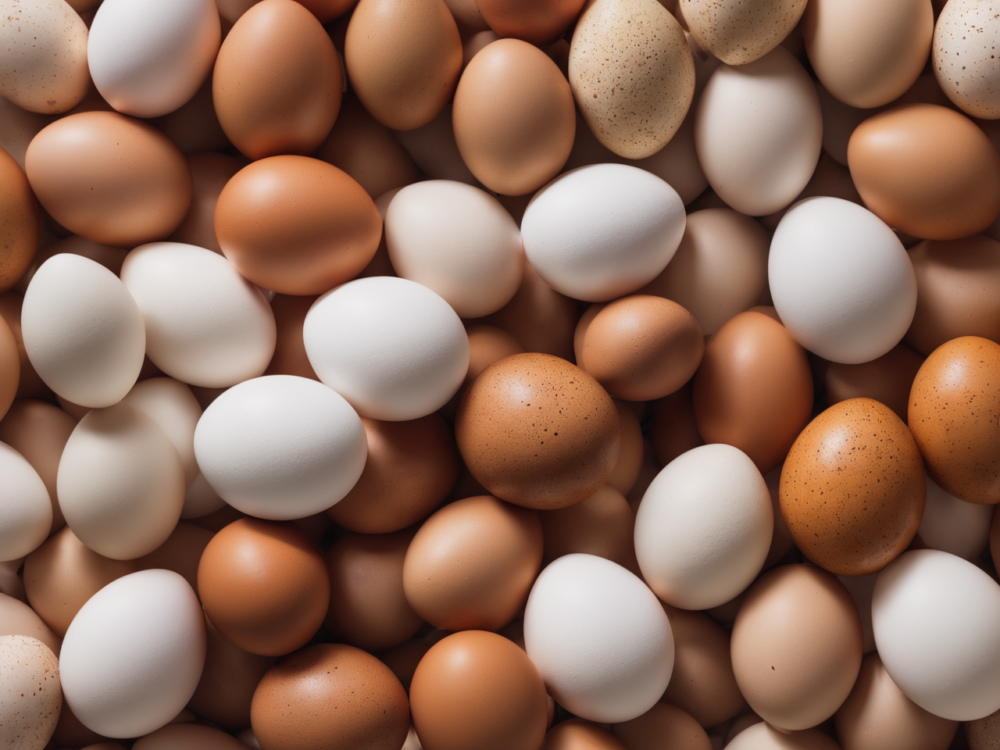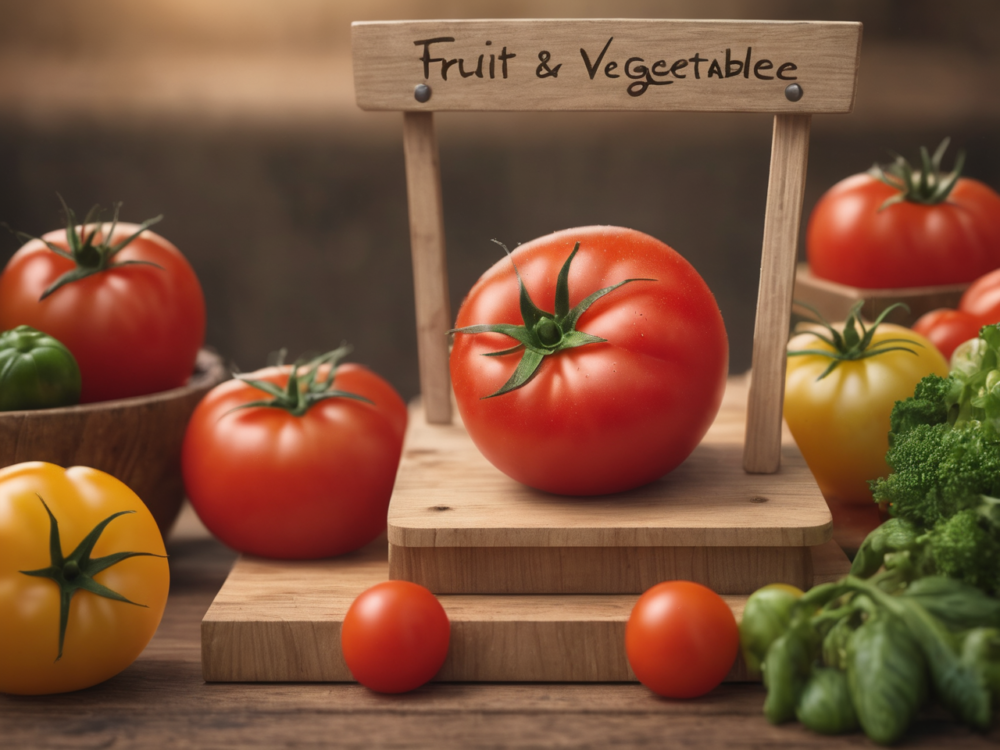The safety of titanium dioxide (E171), a food colouring agent found in products like Skittles and other similar food items, has been a subject of concern and controversy in various regions, including the European Union (EU). Let’s explore the safety considerations surrounding titanium dioxide:
Titanium Dioxide in Europe:
Titanium dioxide has a long history of use as a whitening agent in various products, including food, cosmetics, and pharmaceuticals. In 2021, the European Food Safety Authority (EFSA) conducted an updated safety assessment of titanium dioxide. The assessment revealed several key points:
Nanoparticle Content
The EFSA determined that titanium dioxide should contain no more than 50% of particles in the nano range to which consumers may be exposed. Nanoparticles are extremely small particles that can behave differently in the body compared to larger particles.
Absorption and Accumulation
Titanium dioxide particles are poorly absorbed by the body after oral consumption, but they can accumulate in the body over time.
Health Effects in Animals
Some animal studies, including a 3-month study, showed health effects such as weight loss, induced intestinal inflammation, and colorectal cancer associated with the consumption of titanium dioxide. However, these studies did not conclusively demonstrate an immediate health concern for humans.
Genotoxicity Concerns
The EFSA expressed concerns about genotoxicity, which refers to the ability of substances to alter DNA and genetic material. This raised questions about potential long-term health effects.
UK’s Perspective
It’s worth noting that the United Kingdom’s Committee of Toxicology disagreed with the EFSA’s assessment, stating that the evidence was weak and that it might unnecessarily concern consumers. The UK’s perspective suggested that the health risks associated with titanium dioxide were not well-established.
EU Ban on Titanium Dioxide
Despite the differing opinions, the European Commission decided to implement a full ban on titanium dioxide, effective from August 2022. This ban reflects a precautionary approach in the EU, aiming to address potential health concerns associated with the consumption of titanium dioxide.
The safety of titanium dioxide in food products has been a matter of debate and scrutiny, particularly in the European Union. While there have been concerns raised, there is no definitive consensus on the immediate health risks to humans. The EU’s decision to ban titanium dioxide reflects a precautionary stance, erring on the side of caution due to the accumulation of scientific evidence and concerns about its long-term effects, particularly in nano-sized particles. Consumers and regulatory authorities in other regions, such as the United States and India, may have different perspectives and regulations regarding the use of titanium dioxide in food products.





